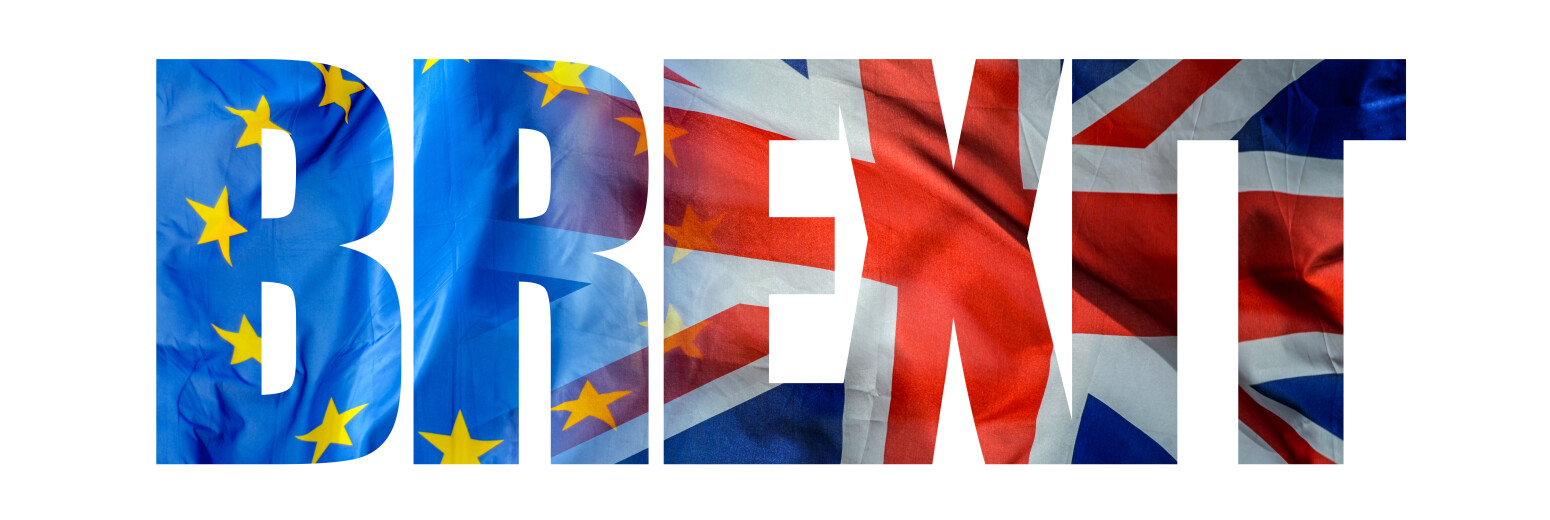
Brexit - Our Views
It seems currently we cannot switch on the television or pick up a newspaper without the headlines being dominated by Brexit, most of which are negative. This quite understandably has created a number of enquiries from clients on the wider implications for the UK, but more specifically on how this might impact client portfolios.
Brexit Outcomes
Firstly it might be prudent to explore the possible outcomes which broadly fall into three camps, soft Brexit, hard Brexit and no agreement. Many of the complications in trying to negotiate with the EU stem from the fact that the vote for Brexit was so close with no clear majority for either side. This has resulted in little consensus on what the UK’s starting position should be, leaving Theresa May in the unenviable position of trying to find the right balance to keep all of the differing sides at least partially happy.
In simple terms, a soft Brexit might see the UK in an arrangement similar to Norway whereby we continue with many of the pre-Brexit agreements, but with slightly more autonomy over migration and law making. For many people who voted leave this is completely intolerable and it may struggle to get through Parliament. A hard Brexit would see the UK retain trade agreements with Europe, but on all other matters have autonomy to decide her own framework. The problem here is that this, according to EU negotiators, is cherry picking the best bits and so a non-starter in their book.
Recently the EU vetoed the so called Chequers agreement, which was Theresa May’s opening offer and sits somewhere between the two. This appears to have hardened opinions on both sides and time is now running out with March next year the current deadline. The third option is walking away with the so called “No Deal” option and this is really what is causing the headlines as this would involve, initially at least, all sorts of problems over the movement of goods and people, creating chaos at ports and resulting in the possibility of food shortages etc.
no Deal?
We remain in the camp that a no deal outcome is a slim probability, even in the event of a challenge to Theresa May’s leadership with a pro-Brexit candidate such as Boris Johnson replacing her. Ultimately there appears too much at stake for both sides. Europe remains by far our biggest trading partner and many European companies are very reliant on sending goods to the UK. To jeopardise this would not only be completely irresponsible, it would also run a big risk of derailing both Europe and the UK’s economies and creating a potential recession. It would therefore appear highly unlikely.
This therefore leads us to believe that two possible outcomes are most likely, either a deal of some kind before the deadline or perhaps an extension of the deadline. The current stalemate leads our house view to lean more towards the latter view that a time extension which offers both sides a way out.
Your investments
Perhaps most importantly within all portfolios, we buy a broad and diversified mix of assets. In layman’s terms this means we have limited exposure to any one country and by spreading investments into other parts of the world and into different assets such as commercial property, bonds and other alternative assets, this can help offset risk. This would hopefully prevent even the worst case scenario causing too much damage.
It is also important to recognise that the initial vote for Brexit back in June 2016 was largely unexpected and therefore had a greater initial impact. The situation now is very different with markets perhaps currently pricing in too much risk of a poor outcome. In most measures the UK market looks cheap, both on a valuation basis and against other developed markets, whilst overseas investors are very under-weight and dividend yields look very attractive. Whilst these factors alone would not necessarily stop stocks falling should the UK walk away, it does suggest a lot of bad news is already priced in.
One final factor to bear in mind thus far has been Sterling which has borne the brunt of the pain, falling sharply against the Dollar and Euro. Whilst this has been bad news for anyone going on holiday, many of our larger companies with international earnings have benefited as overseas profits have been boosted by the fall in Sterling. This has supported stocks and a poor Brexit outcome would likely see further falls for the pound, which in turn may again boost markets.
Summary
Clearly it is impossible to second guess the outcome of how events will play out over the next few months and we’re sure further twists and turns are inevitable. We will, however, focus on being vigilant and ensuring clients assets are sufficiently diversified to reduce the impact, whichever way the cards fall.

Andy Parkes
Chief Investment Officer